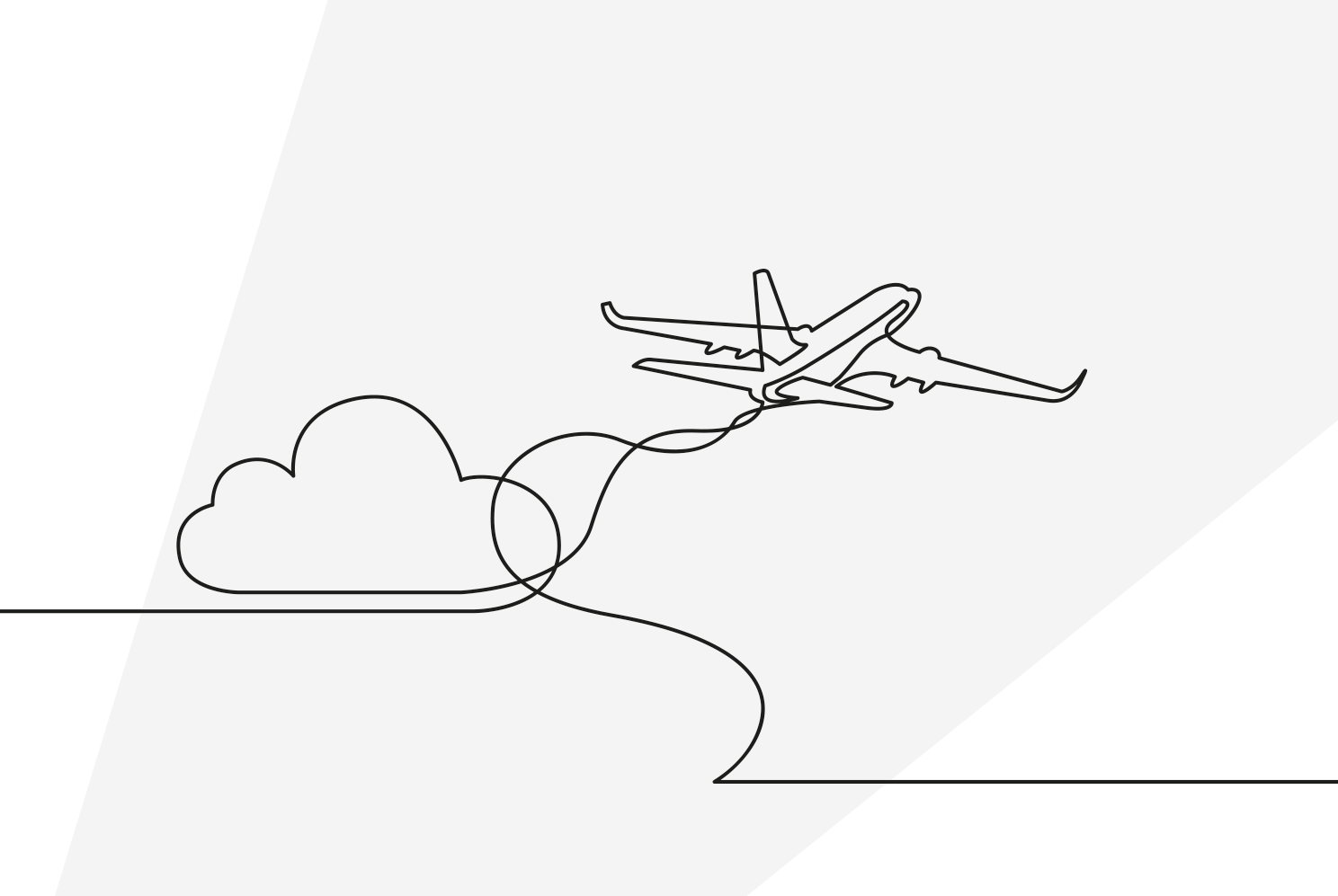
White Paper on Efficiency and Sustainability
Executive Summary
Speed and efficiency form the backbone of air cargo operations. With a significant number of shippers now building up and breaking down of Unit Load Devices (ULDs) off-airport, there is one factor that dramatically reduces the ability of air cargo to deliver – the lack of a deterrent for the late return of empty ULDs back to its owner.
Today’s logistics operations rely on releasing unitization equipment, such as shipping containers, rail cars and road transport equipment, to shippers, consignees and freight forwarders. ULDs enable this function in air cargo.
There is near universal use of late charges in other segments of the logistics industry. These charges are an incentive to return equipment on time within a defined “free-days” time frame, also called ‘demurrage or detention.’ However, when it comes to ULDs, nearly all airlines allow third-parties to return equipment at their leisure with no penalty.
This practice runs contrary to the International Air Transport Association’s (IATA) documentation that sets the industry standards for aviation. IATA’s Air Cargo Tariff and Rules Manual (TACT) under Section 4.8 – Unit Load Device Charges states: “Demurrage charges may be levied, subject to provisions in applicable tariffs of the airline or ULD owner, against a party that retains a ULD for an excessive period of time. The charge is designed to encourage prompt return of ULDs rather than generate revenue.”

